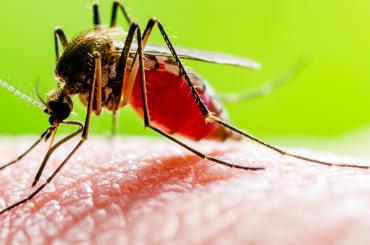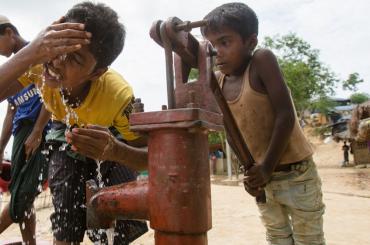
public health
-

How illicit animal trade can drive disease transmission—and how policy can help prevent it
New research sheds light on how illegal animal trade contributes to disease transmission, and shows how robust border inspections can effectively curb this impact.
-

Countering diabetes with incentivised lifestyle changes: Evidence from India
Providing small financial incentives for daily steps to at-risk individuals in India encouraged exercise and improved health
-

Can ‘white elephants’ kill? Evidence from infrastructure development in Peru
Incomplete and abandoned sewerage projects can increase risks of early life mortality and impose significant public health costs on populations
-

The anatomy of a public health crisis: Household responses during the Zika epidemic in Brazil
Pregnancy rates fell by almost 7% as a result of the public health information provided on the Zika epidemic by the Brazilian government
-

Evidence to practice: Suicide prevention in Japan
Every 30 seconds, someone in the world commits suicide. Blue lights at railway stations can help tackle this.
-

Arsenic in tubewell water, a public health emergency in Bangladesh
Evidence from Bangladesh highlights the important role of inducing risk-avoiding behaviour to avoid public health emergencies
-

Political inclusion and development outcomes: Brazil introduces electronic voting
The Brazilian experience shows that removing obstacles to political participation can have sizeable effects on public policy and development outcomes